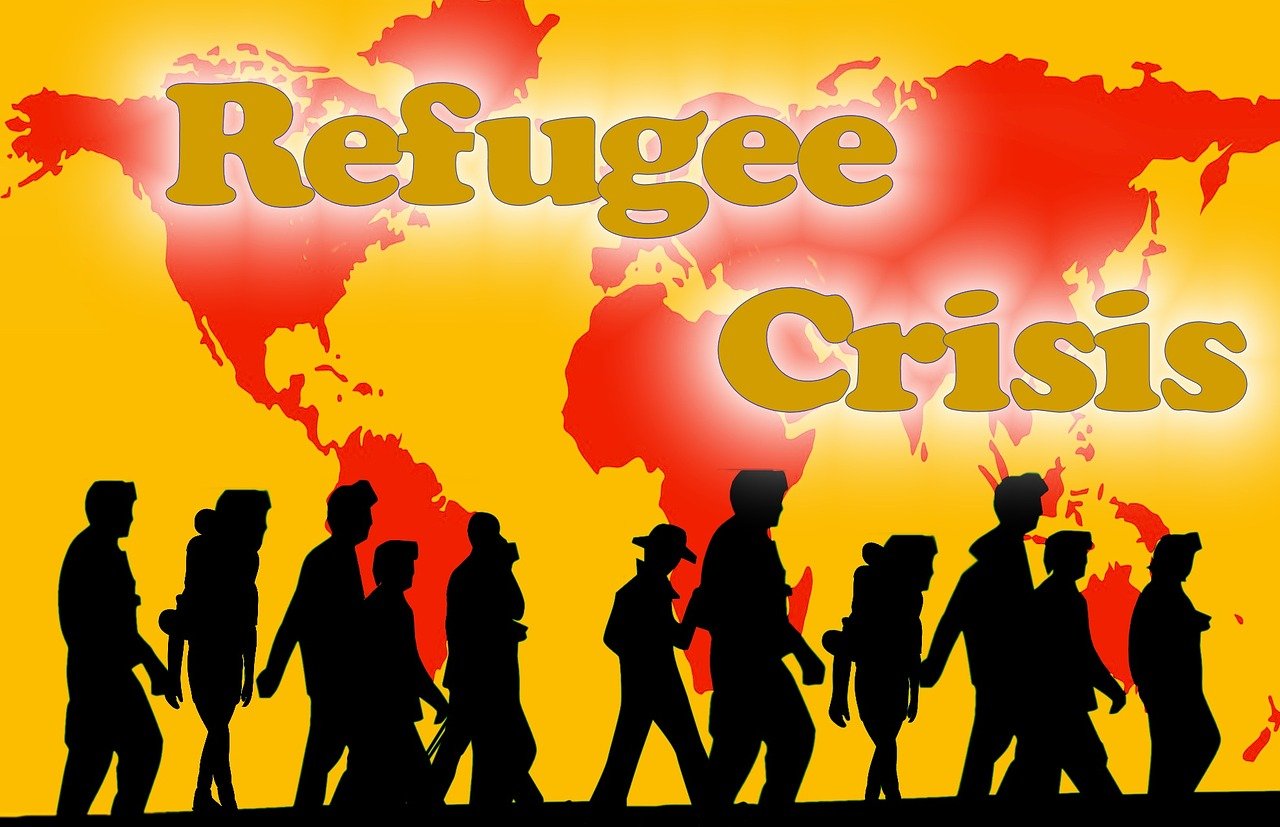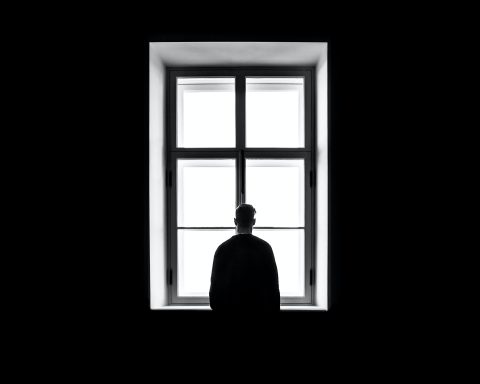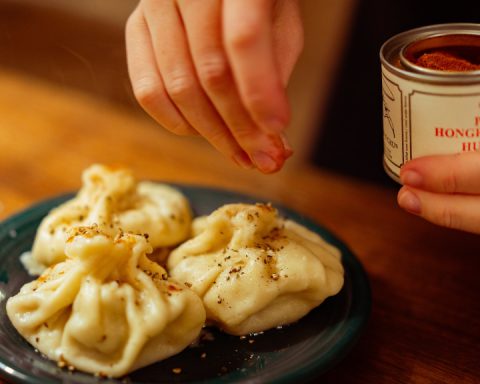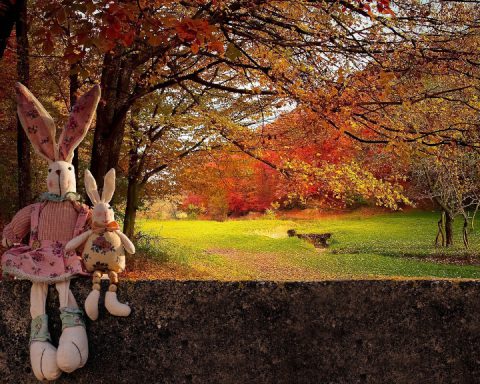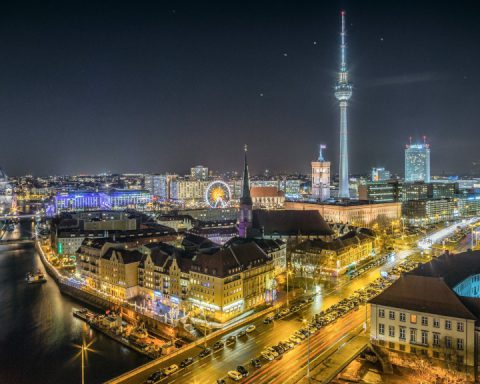During the last weeks European policymakers have been fighting with each other over the best way to respond to the current refugee crisis. However difficult the political negotiations are – they are a mess; much worse than the Greek debacle, as far as integrity of EU institutions are concerned – no refugee relocation and integration plan will be effective. The reason is that any European-only-plan ignores the source of the problem: the Syrian civil war.
Refugee and migrant flows from Northern Africa and the Middle East had been steady for the last years until the last one, which increased dramatically due to Syrians fleeing the civil war.
One has to keep in mind that this war is not recent. It started in mid-2011, which means that it has been raging for over four years. Many of the incoming refugees coming to Europe left their homes years ago. More than four million Syrians have been sheltering themselves in refugee camps in Turkey, Egypt, Jordan, and Lebanon, or inside Syria itself. In addition, eight million Syrians have been internally displaced. Therefore, the current dramatic wave of refugees that we are now seeing is not only due to the civil war itself, but to a tragic calculation by these people: There is no hope that the war will end soon, nor that they will have a home to come back to, because of the horrifying destruction. Hence, to understand how the refugee inflows are going to develop, one needs to look at the Syrian war.
The war in Syria shares many traits with the Vietnam War or with the Russian occupation of Afghanistan, except for the fact that it is a lot more complicated. Like these latter wars, the Syrian one is a proxy war, meaning that many nations are fighting each other indirectly. The Iranians heavily support the Assad regime (the current Syrian government), and their archenemy – Saudi Arabia – supports many rebel groups. The Russians also support the Syrian government (mostly because of the Tartus naval base that they have on the Syrian coast, though officially they state that it is to halt the spread of Islamic terrorist organizations that they genuinely perceive as a threat), while the Americans have attempted to aid the rebels. Gulf states such as Qatar are trying to exert influence and have joined in aiding some rebel groups.
However, the quagmire does not stop with the above-named nations sending money and weapons to keep the bloodbath going, but with non-state actors that have profited heavily from this humanitarian nightmare. These groups include the sensationalist Islamic State (IS or ISIS) that is often mentioned in the media. This terrorist group has been fighting against the Syrian government, the Iraqi government, Sunni Syrian rebels, Kurdish rebels, Al-Qaeda affiliates… in short, they have been fighting everyone, and everyone has been fighting them. Al-Qaeda affiliates such as the Al-Nusra Front have been a headache to the Syrian government and international proxies (although it is believed that they have a cozy relationship with some Arab Gulf states). The Kurds have made important gains, as the conflict has opened space on the ground to the possibility of creating their own state – something that angers the nationalist Turkish government of Erdogan.
In fact, Turkey has been a major factor in the prolonged war.
They oppose the Assad regime as much as the Arab Gulf states and the West. They see the IS and Al-Qaeda affiliates as a threat like everyone else. However, they have been unwilling to put diplomatic and military pressure – their armed forces are huge and capable – to prevent further atrocities by the Assad regime and IS because weakening these actors translates into emboldening the Kurds, which increases secessionist pressures in the east of Turkey where there is a Kurdish population numbering over 11 million (making them the largest ethnic minority in Turkey). Erdogan is trying to keep the status quo to prevent the borders from shifting and chipping away a part of Turkey. However, this will be hard to prevent in a conflict that has already disintegrated Syria and part of Iraq. It will also come at the cost of the continuing suffering of the Syrian people.
Then there are the former Cold War enemies reliving past memories.
The Americans have been very cautious in their interventions because they view both sides (the Assad regime and militant-Islamic rebels) as enemies that they do not want to embolden by heavily supporting any side. This has translated into laughable attempts to intervene in the conflict: The Americans count on a 4- or 5-man rebel army in Syria. The Russians are a different story. Not only have they supported the Assad regime before with weapons and money, but they have also recently increased military aid with more sophisticated equipment. The Assad regime has suffered military setbacks, and increased aid by the Russians shows Assad’s increasingly dire situation and Putin’s willingness to make sure that the Syrian dictator does not fall. The question is: How much are they willing to invest? Yesterday it became known that the Russians reached out to the Saudis – their enemies in the conflict – to discuss solutions to the conflict; they have also been in contact with the Americans. The hope is that the Russians, and other nations, are becoming wary of the future of their investments in Syria, which have only produced Syrian suffering in return.
Many people were excited about Pope Francis’s tour of Cuba, the United States, and his speech at the United Nations General Assembly. However, I would pay more attention to today’s intervention by Vladimir Putin, the Russian president. If he lays down a change of strategy in Syria that sees a reduction in hostilities, it will save Syrian lives – and reduce refugee outflow – more than any blessing bestowed by the Bishop of Rome.

